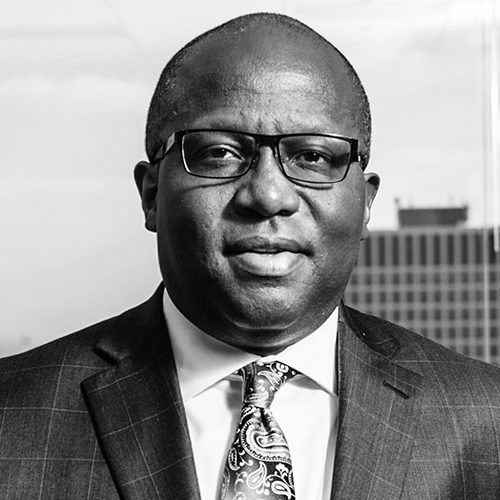There’s no faster way to learn about crisis management than by jumping into the fray of a business disaster and making the best of it. Robert Schwartz of Deer Park Road Corporation, a multifund investment management firm focused on asset-backed fixed-income securities, can attest to that.
Schwartz worked for a government regulator during the savings and loan crisis of the 1980s and ’90s. He was an assistant general counsel with a major Wall Street investment banking firm and had to pick up the pieces as the firm, Drexel Burnham Lambert, went bankrupt in 1990 in the wake of scandals in the junk bond market. At other financial industry firms, he worked through the liquidation of a hedge fund and weathered multiple macroeconomic downturns in various roles, including the credit crisis of 2008.
Sitting on the front lines in the midst of these challenges gave Schwartz a perspective that many in-house attorneys would find invaluable. He outlined advice for fellow lawyers:
Be proactive. “Most importantly, get out in front of the problem,” Schwartz says. You have to know the extent of the problems that you face, because regulators do not take kindly to stonewalling. “In a heavily regulated industry, being cooperative with regulators is the most important thing you can do,” he adds.
Conduct a thorough and fearless investigation. “Never be afraid to ask the hard questions,” Schwartz says. “You may already know that part of the investigation may lead you to a conclusion that you don’t want to face. But if you don’t ask the question, then whatever you decide, you’re throwing darts in the dark.” But you may not want to ask the hardest question on the first interview, he adds. When facing regulators, he says, if you can put all the cards on the table right off the bat, then you have a “fighting chance” to not receive a Wells notice (an SEC communication of an intent to bring charges against a firm).
Stay in the moment. When the size and scope of the Drexel Burnham Lambert failure revealed itself, Schwartz was stunned at the dimensions of the problem. At such an early point of his career, he was unsure what to do. A seasoned lawyer from an outside firm told Schwartz, “‘It is what it is.’ In that moment, that simple statement calmed me,” Schwartz recalls. “I accepted the fact that I couldn’t do anything about the situation other than deal with the reality as we saw it.”
Try to envision all possible outcomes. Make plans for the negatives. Project the worst outcomes, and be prepared to deal with them.
While Schwartz has multiple crisis-management skills in his toolbox, they are currently not needed, thankfully. Today, his primary responsibility with Deer Park is to ensure the organization follows financial rules. “I’ve got a reputation of being a Mr. Fix-it, but that’s not why I was hired,” Schwartz emphasizes.
When You Have to Say No
A general counsel must sometimes give managers advice they don’t want to hear. This can be especially challenging for lawyers who are new to a company, Schwartz says. Establishing a good relationship with senior management based on trust and respect helps soften the blow.
“I never shoot from the hip, and I do my homework before I start talking,” Schwartz says. This approach—emphasizing listening first—makes the unpopular opinions that a GC must express from time to time easier for managers to absorb.
His multifaceted role at Deer Park encompasses compliance, training, policies and procedures, and strategic advice. “I look at the general counsel as being a risk manager,” Schwartz says. To be effective, he says he must understand all parts of the business.
Input from managers of other departments is critical, he says. “Every new product, process, and channel runs through every major division: finance, operations, trading, and business development,” he says. “Everybody looks at it through their lens and puts their questions on the table. I find many things that I hadn’t thought about. You have got to look at all the risks from multiple perspectives.”
In the heavily regulated financial industry, some rules are clear-cut, but general counsels earn their keep in the gray areas. “There are a lot of judgment calls,” Schwartz says. “In marketing materials, for example, the SEC says you have to be ‘fair and balanced.’ That’s not a lot to go on. Most people will say that you should not use superlatives in marketing materials, but at the same time, trying to make yourself look good is just good marketing practice. Where the line is can be difficult to discern.” That’s where Schwartz’s decades of experience reviewing hundreds of marketing brochures and cautionary examples from the SEC serves the company well.
“The thing that makes me most valuable to my firm is being able to understand the business in a nuanced way,” Schwartz says. “That’s what separates a good general counsel from outside counsel.”


